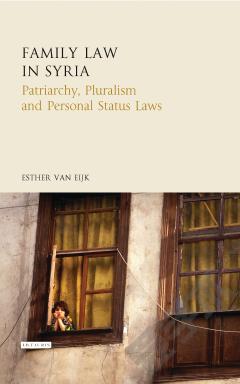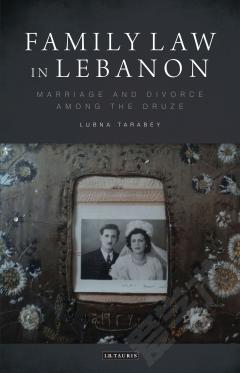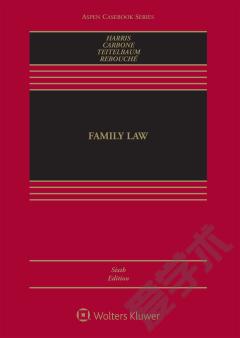Family Law in Syria
The current Syrian crisis has its roots in the sectarian nature of the country's multi-religious society. Since Ottoman times, the different religious communities have enjoyed the right to regulate and administer their own family relations. Matters of personal status including marriage, divorce, child custody and inheritance continue to be managed by a variety of religious laws and courts operating simultaneously within the legal system of the state. However, this complex system of competing jurisdictions has also affected inter-communal relations and has been used to deepen communal divides. Esther van Eijk discusses socio-legal practices in Syria by focusing on three courts: a shar'iyya, a Catholic court and a Greek-Orthodox court. While the plurality of Syrian family law is clear, she shows how - irrespective of religious affiliation - it is nevertheless characterised by the prevalence of shared cultural or patriarchal views and norms on marital relations, family and gender. Based on extensive fieldwork, Family Law in Syria offers a detailed analysis of a countrecent years been inaccessible to researchers.The book is a vital contribution to the growing literature on personal statMiddle East and sheds light on the historical, socio-political and religious complexities and fault-lines that mark contemporary Syria.
{{comment.content}}








 京公网安备 11010802027623号
京公网安备 11010802027623号